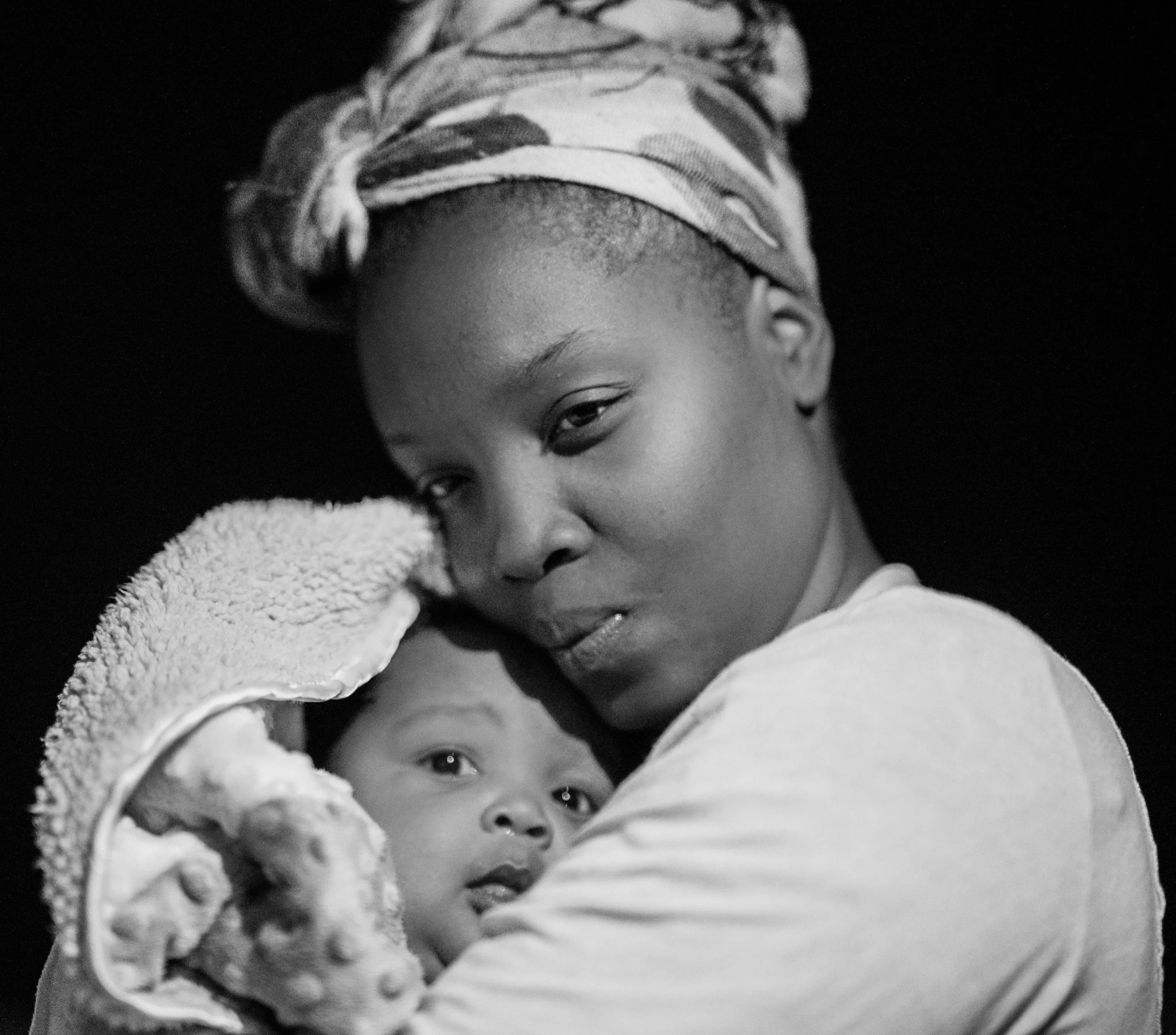Do You Feel Guilty, Overwhelmed, or Resentful as a Mom? It Might Trace Back to Your Childhood Role
Do You Feel Guilty, Overwhelmed, or Resentful as a Mom? It Might Trace Back to Your Childhood Role
Written by: Janine ChengPublished on October 2, 2024If you’re the eldest daughter, you might be the one who’s always been described as “so responsible,” “wise beyond your years,” or “like a second mom.”
Maybe you helped raise your siblings, kept the peace in your household, or felt responsible for your parent’s emotions from a young age.
Now, as a mother yourself, you may be realizing that those early roles are still quietly running the show—shaping how you show up for your children, how you feel in your role as a mom, and how emotionally available you are to yourself.
What Is Parentification?
Parentification happens when a child is expected to take on adult responsibilities—either emotionally (acting as a confidante, emotional regulator, or peacekeeper for a parent) or practically (caring for siblings, managing household tasks, or contributing financially). This reversal of roles disrupts a child’s ability to feel cared for, emotionally safe, or free to explore their identity and needs. For many eldest daughters, these patterns aren't just a phase—they can become part of their identity. That identity can carry over into motherhood in ways that may bring a complex web of emotions.
How It Can Show Up in Motherhood
1. Feeling Emotionally Numb or Disconnected from Joy
Parenting is often idealized as a joyful, deeply rewarding experience—but if you were conditioned to overfunction and suppress your own needs, you may find it hard to connect to joy or presence. The “work” of parenting may feel automatic, but the feeling part might feel muted or distant. This may cause you to feel a sense of guilt for not feeling the “normal” emotions that are so widely advertised as part of the mothering experience.
2. Struggling with Resentment Toward Your Child
This is a hard truth for many to name: when you were never allowed to just be a kid, it can be incredibly triggering to raise one. Watching your child receive what you never did—attention, nurturing, freedom—can stir up unconscious grief or even resentment. You may not want to feel this way, but that doesn’t make it less real. And it doesn’t make you a bad parent—it makes you a human being with unmet needs.
3. Feeling Trapped in the Role of "Doing It All"
As a parentified daughter, doing everything for everyone may feel like second nature. But in motherhood, this can lead to burnout, deep resentment, and fantasies of escape. You may feel like there's no room for you in your own life—or like motherhood is just another role you’re obligated to perform perfectly.
4. Guilt When You Don’t Feel “Grateful”
Enough If you're struggling, you may find yourself thinking, I should be enjoying this more. That internal voice—the one that says "other people have it worse" or "you chose this life”—is often the echo of an inner child who was never allowed to have needs or feelings without being shamed. Joy can coexist with fatigue, and love can coexist with resentment. Both are human. Both deserve care.
5. Overidentifying with the Caregiver Role
You may find it easier to meet everyone else’s needs than to recognize your own. You might struggle to connect to parts of you that are playful, creative, or even messy—because your childhood didn’t leave space for that. This can make parenting feel like a task to survive, rather than an experience to be shared.
You Are Not a Bad Mother—You Were an Overburdened Child
If any of this sounds familiar, take a breath. So much of what you're feeling makes sense when you look at where you came from. You weren’t given space to rest, receive, or feel—so now, even in a safe and loving home, those things may still feel unsafe or unfamiliar.
There’s no shame in that. But there is the possibility of healing.
How Therapy Can Help
Therapy offers a place to tend to the parts of you that were forgotten—by others, and maybe even by you. In this space, you can:
* Name and grieve what you didn’t get
* Rebuild a relationship with rest, joy, and pleasure
* Understand your triggers and patterns with compassion, not judgment
* Learn to show up for yourself the way you show up for everyone else
Parenting as a former parentified child is incredibly complex. But you don’t have to carry it all alone. And you’re allowed to create a new experience of motherhood—one where you don’t just do all the things, but also feel supported, connected, and enough.
Reach out today if you’d like to reclaim your motherhood journey.






